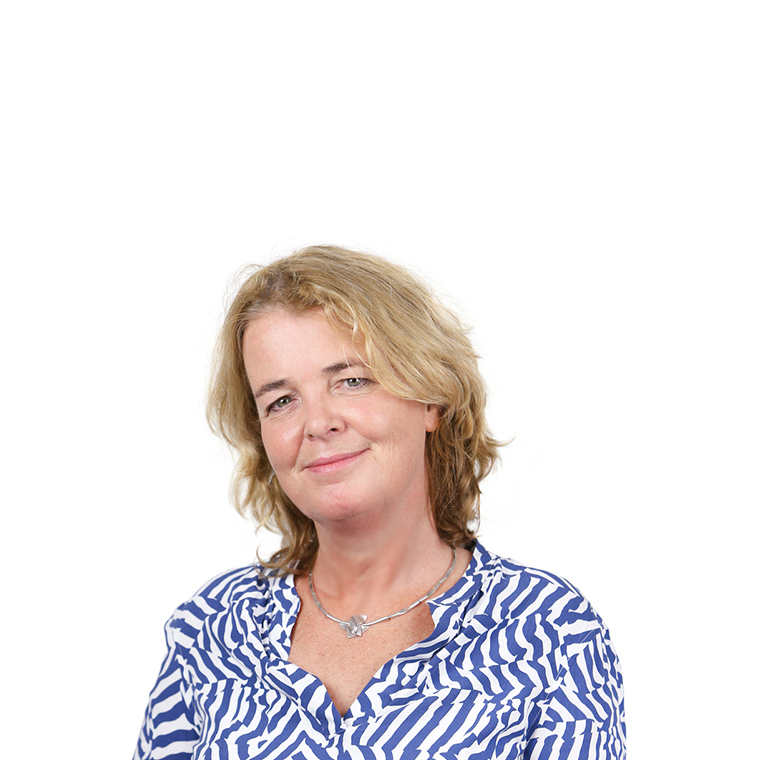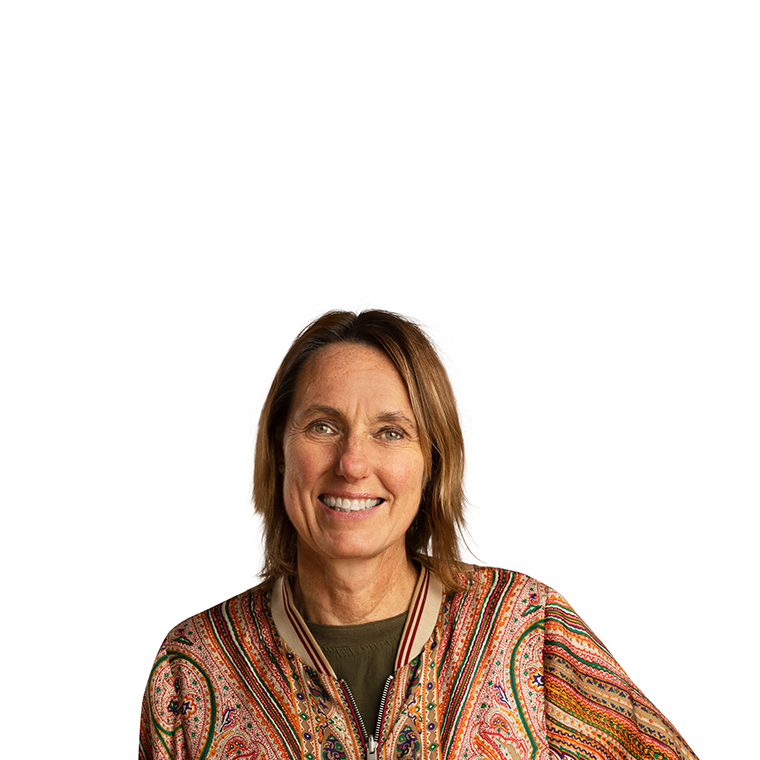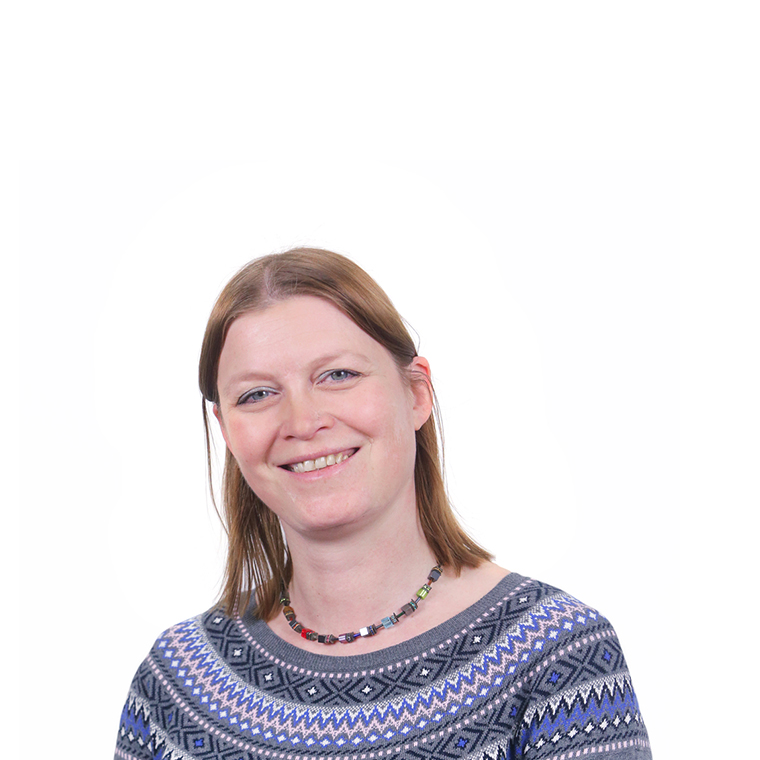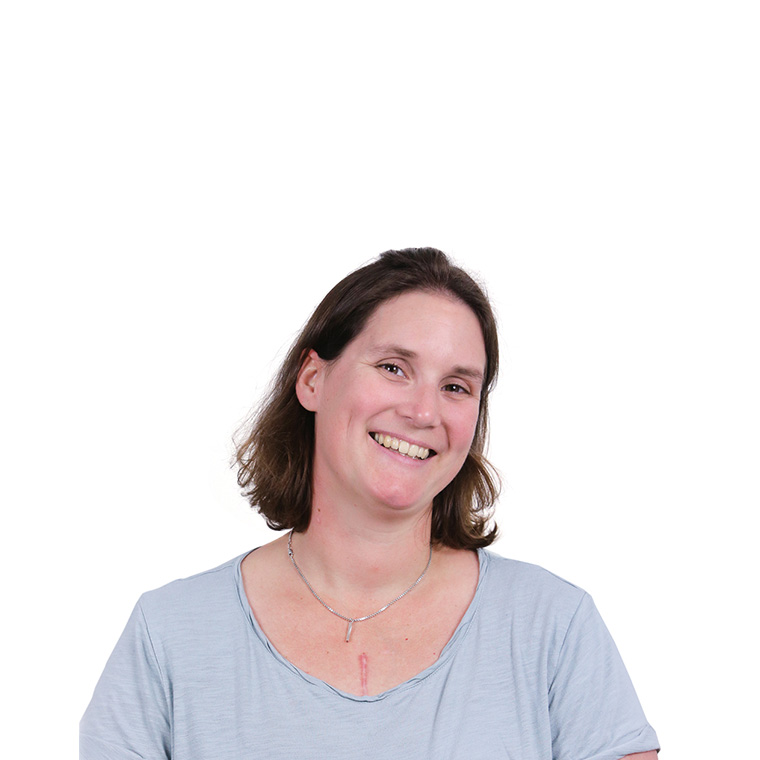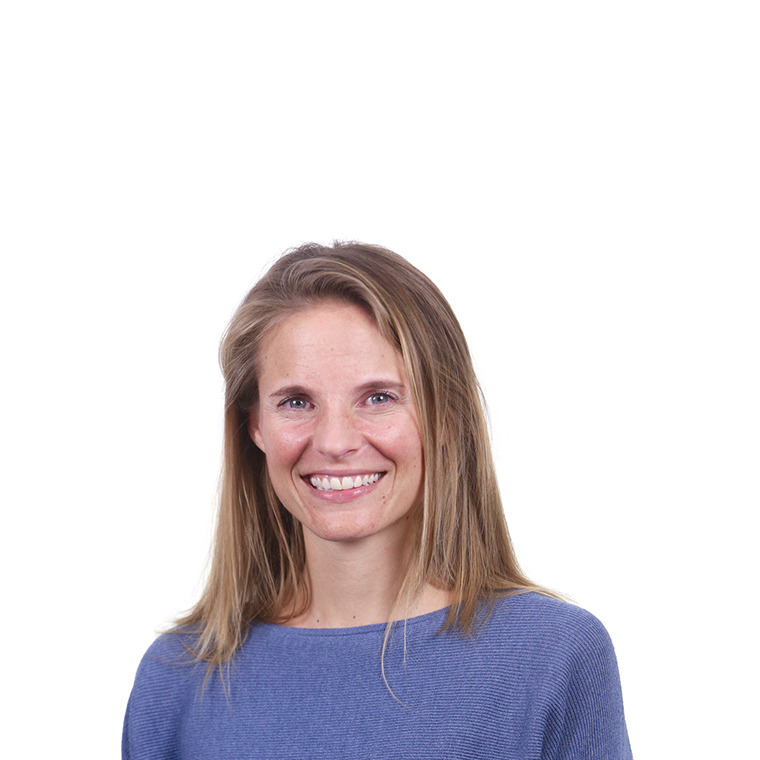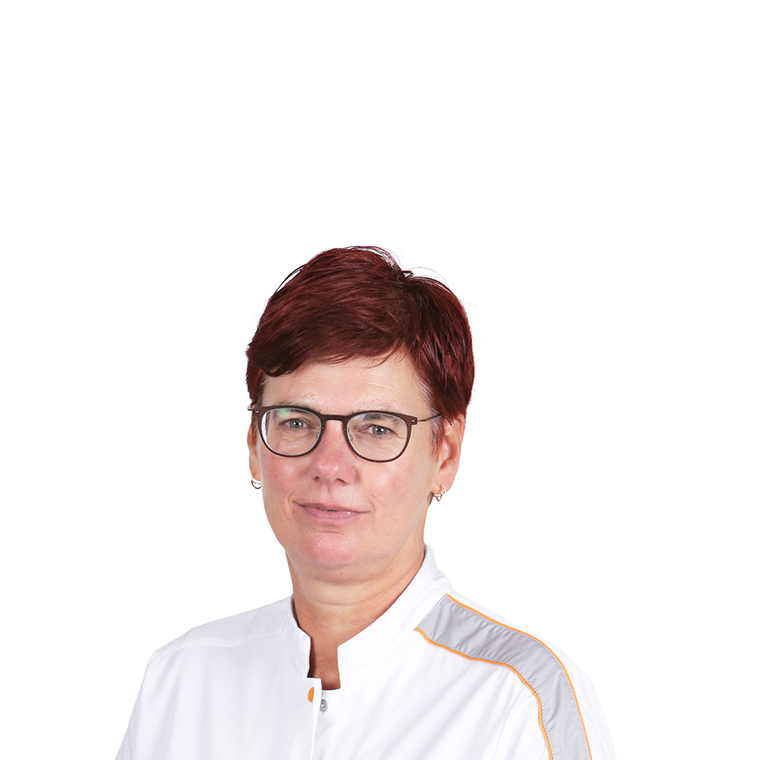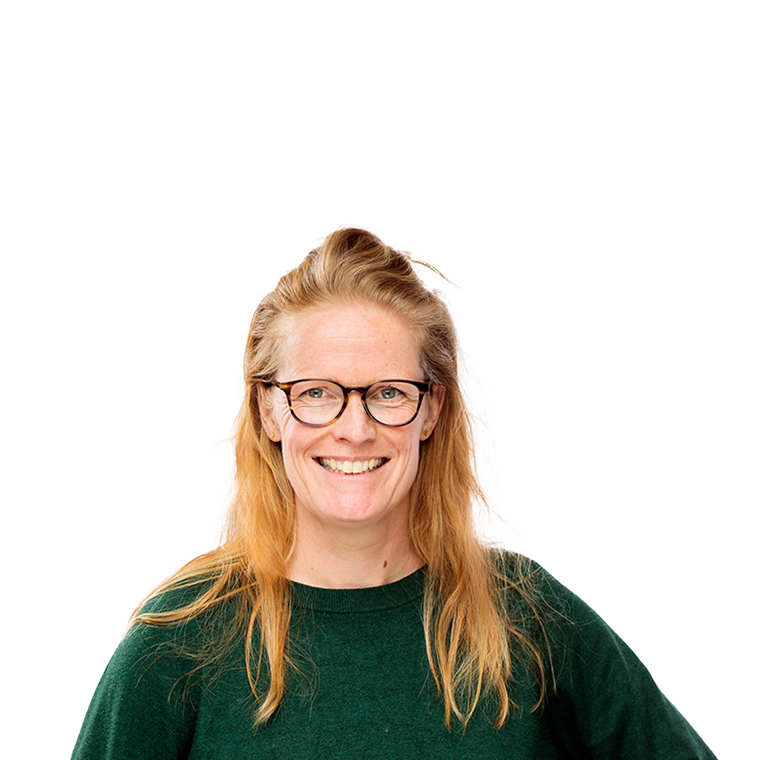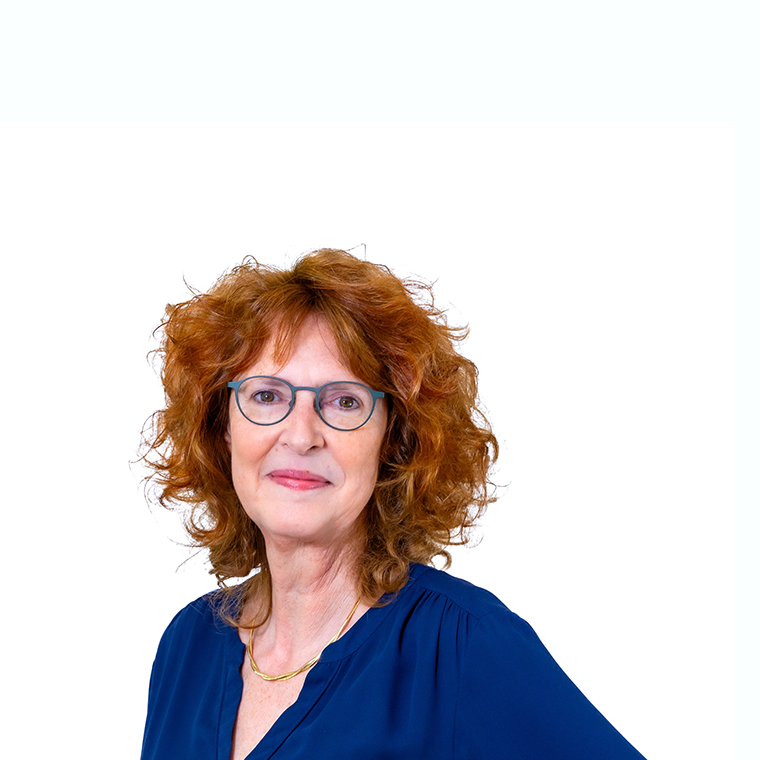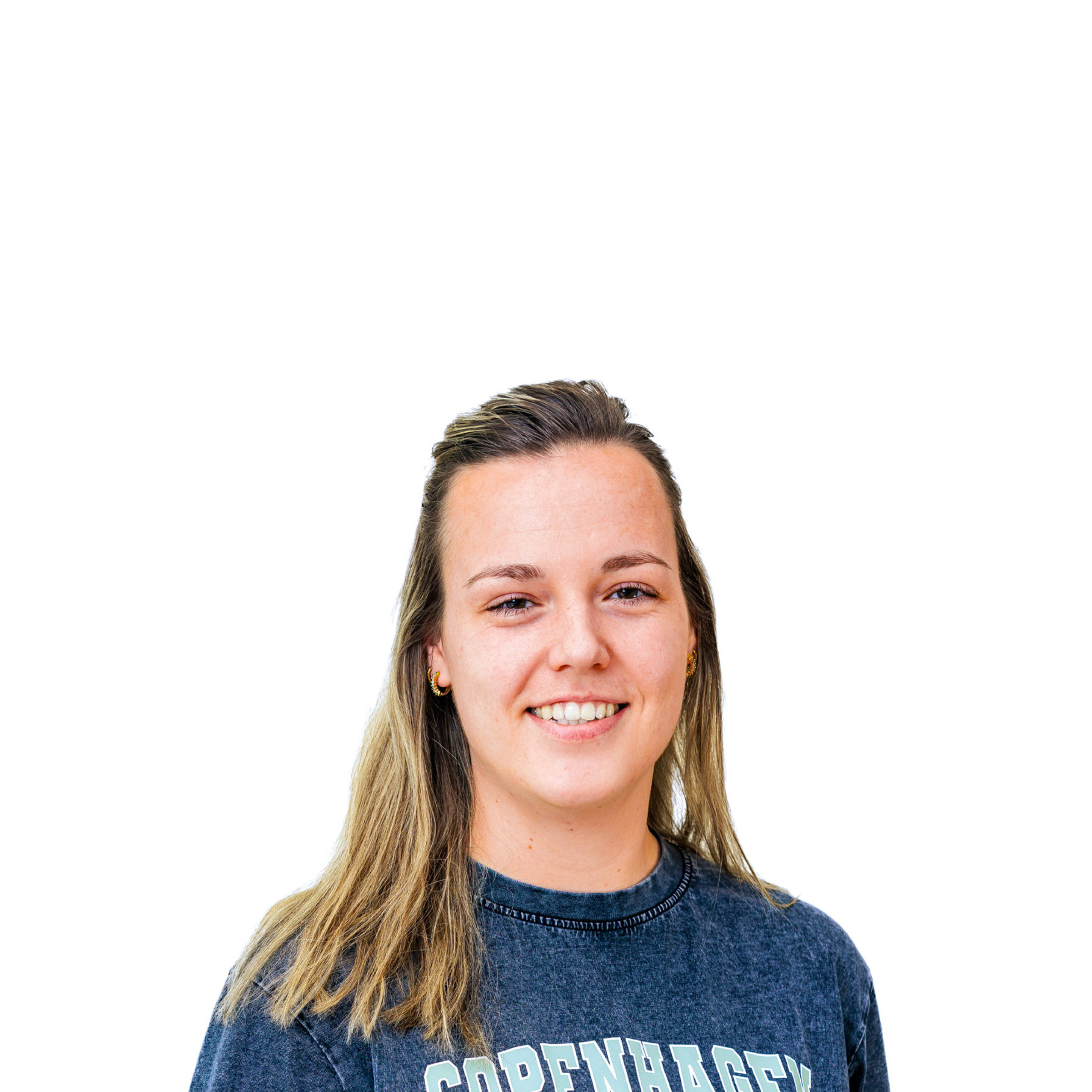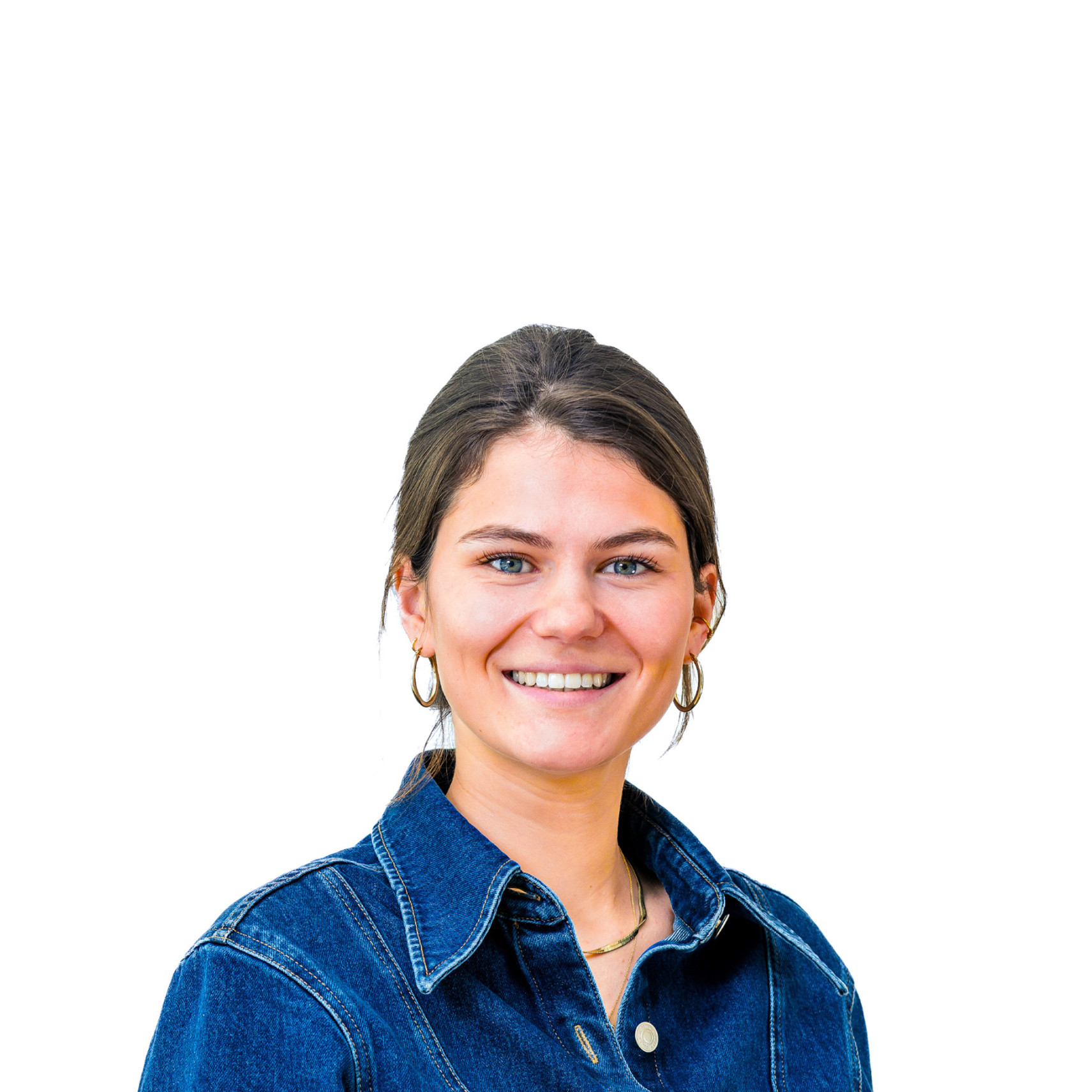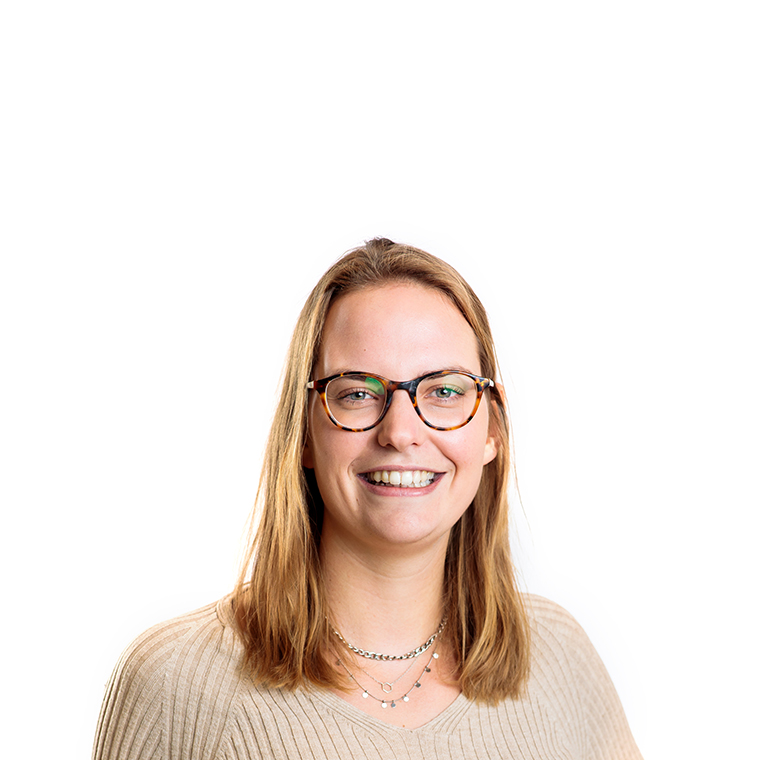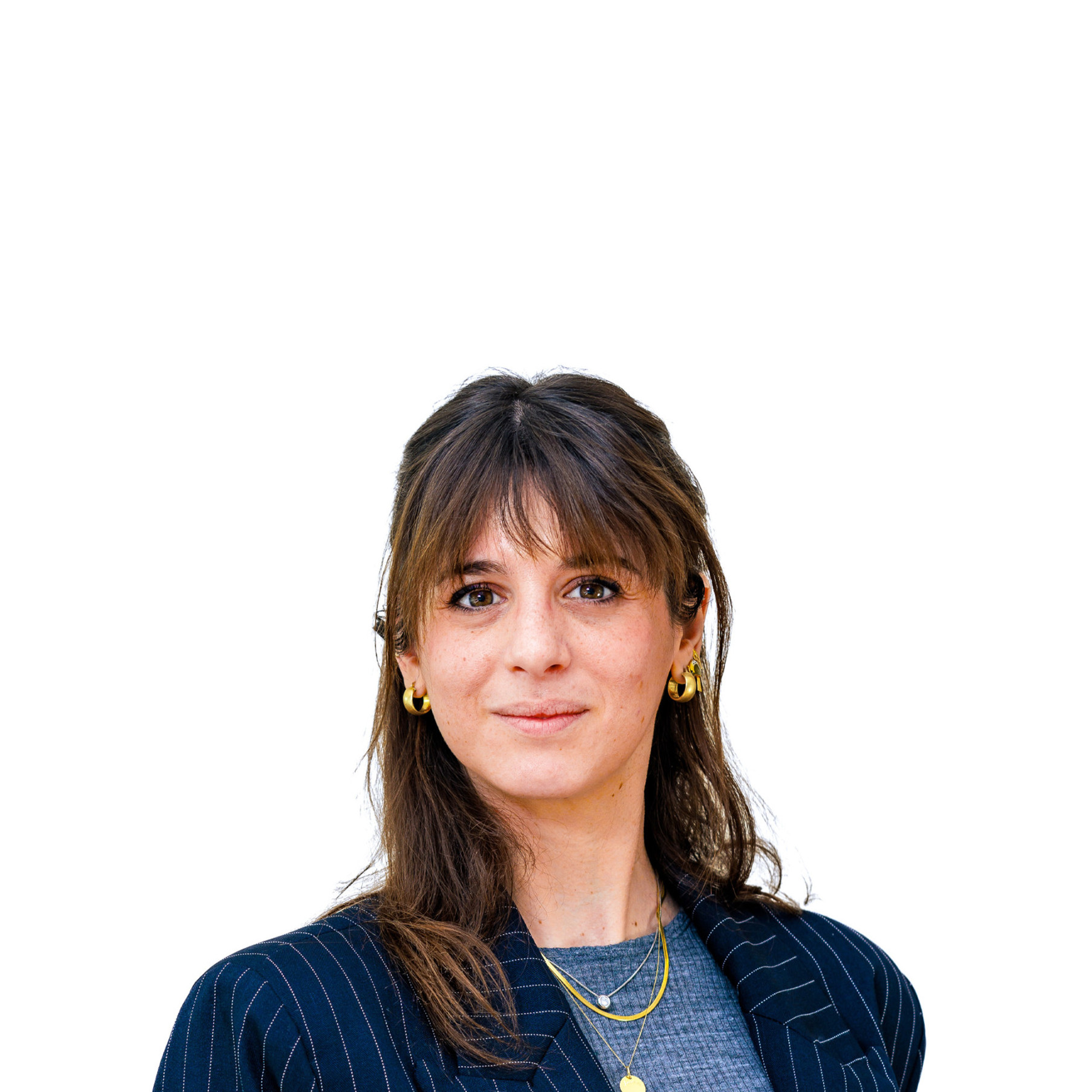Group leader: Prof.dr. Leontien Kremer, pediatrician
A. Research: The two main research themes in the Kremer group are: 1. Survivorship research, and 2. research in the field of pediatric palliative care
B. Máxima Guideline Unit: The Guideline Unit of the Máxima, embedded in our group, supports the development of systematic reviews and clinical guidelines, as well as their implementation.
A. Research
Theme 1. Survivorship Research
Individuals who survived childhood cancer face a significantly increased risk of developing long-term health problems (“late effects”) as a result of their previous cancer treatment. Our research aims to quantify the impact of childhood cancer treatment and other key factors on the health and quality of life of survivors. We also develop and validate prediction models to identify survivors at high risk of late effects at an early stage, and we design and evaluate (eHealth) interventions.
National LATER Study
In the Netherlands, we have identified over 12,000 individuals who were treated for cancer during childhood between 1963 and 2014 and survived at least five years. More than 6,000 of them participated in the Dutch Childhood Cancer Survivor Study 1 (DCCSS-LATER 1). In this multidisciplinary study, we collected data on diagnosis, treatment, health, lifestyle behaviors, and physical and psychosocial functioning through questionnaires and linkage with health registries.
In the follow-up study, DCCSS-LATER 2, approximately 2,400 survivors visited the LATER outpatient clinic, where we collected medical data and blood samples for further research. This enables us to gain deeper insights into the late effects of childhood cancer and potential health risks.
More information about the DCCSS LATER study and a list of publications can be found [here].
International Collaborations
Our research group is actively involved as a partner or coordinator in various European research projects. These studies aim to improve post-cancer care and translate scientific knowledge into practical guidelines and interventions. In addition to European collaborations, we work closely with the Childhood Cancer Survivor Study and the St. Jude Lifetime Study in the United States.
Theme 2. Pediatric Palliative Care
In addition to survivorship research, our group also focuses on innovations in pediatric palliative care. We collaborate closely with the Dutch Knowledge Centre for Pediatric Palliative Care and UMC Groningen. See the “Grants and Awards” section for an overview of recent pediatric palliative care research projects (to be updated).
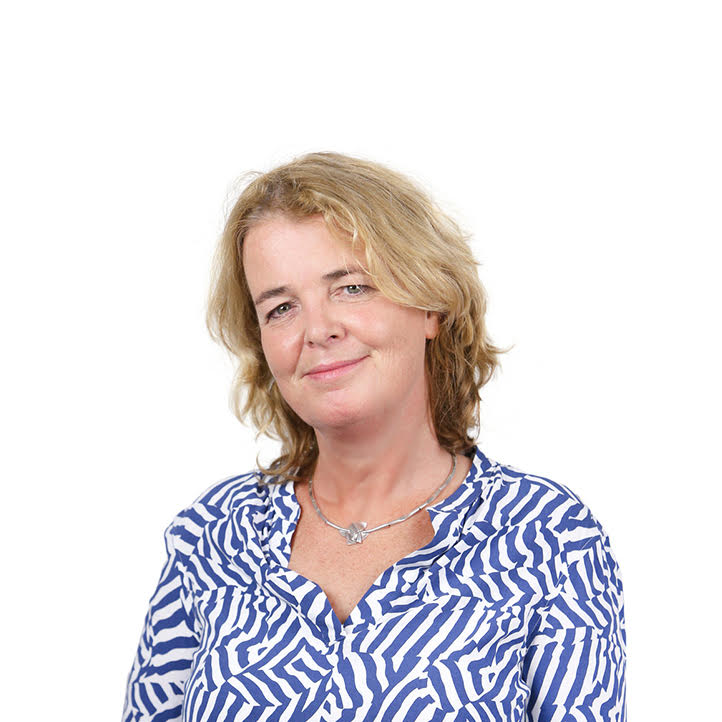
B. The Máxima Guideline Unit
The Máxima Guideline Unit, embedded in our group, supports healthcare professionals at the Princess Máxima Center in developing evidence-based guidelines in pediatric oncology. Internationally, we also contribute to guideline development within the European PanCare network and the International Late Effects of Childhood Cancer Guideline Harmonization Group (IGHG).
Examples include guidelines on long term follow-up care, fertility preservation for children with cancer, prevention of cardiac damage, and potential treatment with growth hormone. The Guideline Unit also assists in conducting systematic reviews, including those carried out by PhD students at the Máxima Center.
Handbook systemic reviews PMC
Handbook guidelines IGHG
PhD Defenses
Upcoming PhD Defense
6 October 14.15h: Selina van den Oever, at Utrecht
- 12 May 2025: Debbie Stavleu "Game changers: evidence-based guideline development in pediatric oncology”
- 21 January 2025: Ismay de Beijer "Implementing optimal survivorship care"
- 10 December 2024: Aimée Westerveld "On the road to optimizing long-term survival. Subsequent neoplasms in childhood cancer survivors across five decades"
- 27 november 2024: Kim van Teunenbroek "Towards optimized paediatric palliative care: a Clinical Practice Guideline"
- June 4th 2024: Rebecca van Kalsbeek "Improving quality of survival after childhood cancer by developing, implementing and evaluating care
- October 10th 2023: Jan Leerink "Blood biomarkers and cardiac surveillance in childhood cancer survivors"
- October 12th 2023: Esmée de Baat "Cardiotoxicity in childhood cancer survivors: risk of low dose cancer treatment, added value of ECG in surveillance and prevention by dexrazoxane"
- September 19th 2023: Juliette Stolze "Oral health in cancer survivors. Especially in those treated during childhood"
- September 14th 2023: Yuehan Wang "Subsequent breast cancer risk in childhood cancer survivors and survivorship care"
- Mei 30 th 2022: Lisanne Verbruggen "Meningioma and Stroke among long-term Childhood Cancer Survivors and Recommendations for Survivorship Care"
A PDF of a manuscript can also be provided via: admingroepkremer@prinsesmaximacentrum.nl
19-21 June International Symposium on Late Complications after Childhood Cancer (ISLCCC) 2025
8 April Ketenavond Oncologische revalidatie met als thema ‘Leven na kinderkanker – gevolgen op volwassen leeftijd’
6 januari LATER voor LATER symposium: Je leven leven, nu en later
Verbeteringen in LATER-kennis hebben meteen effect op de zorg
Theme 1. Survivorship Research
- 2025–2029 – IPD-SMN (KiKa 525): Risk of second malignant neoplasms after childhood cancer: an international individual patient data study.
- 2025–2028 – YARN (EU4H): This follow-up project focuses on implementing the AYA transition guideline in clinical practice. We were also partner in the previous project CAYAS-NET.
- 2023–2027 – MetVasA (KiKa 433): Metabolic syndrome and vascular damage in relation to accelerated aging in survivors of hematopoietic stem cell transplantation for hematological malignancies.
- 2025–2023 – PanCare4AYA (EU HORIZON, coordinator): This project, led by our group, focuses on patient-centered, evidence-based screening of late effects and follow-up care for adolescent and young adult cancer survivors.
- 2022–2026 – NIH ECG (NIH grant): Early identification of childhood cancer survivors at high risk of late-onset cardiomyopathy using an artificial intelligence approach based on electrocardiography.
- 2022–2025 – CAYAS-NET (EU4H): Together with a survivor network, we develop evidence-based guidelines to improve the transition to long-term and adult care. We are also partner in the follow-up project YARN.
- 2022–2025 – NIH Colon (NIH grant): International study of subsequent colorectal cancer among survivors of childhood, adolescent, and young adult cancers.
- 2022–2024 – SmartCare (EU4H): With our expertise in personalized follow-up care, we contributed to identifying user needs and helped develop the Smart Card App to ensure accessibility and usability across care infrastructures and for survivors.
- 2021–2025 – LATER Guideline Innovations (ZonMW): Innovations for the LATER childhood cancer follow-up guideline: development and implementation.
- 2021–2025 – PanCareSurPass (EU4H): We focused on identifying barriers and facilitators for implementing a digital survivorship passport, enabling healthcare providers to offer personalized follow-up care based on international guidelines.
- 2020–2024 – SMN (Máxima grant): Risk and time trends of subsequent malignant neoplasms after five decades of childhood cancer treatment.
- 2020–2023 – EARLY (KiKa 365): Early detection of cARdiovascuLar toxicitY in children with cancer (PI Kremer/Mavinkurve-Groothuis).
- 2019–2023 – PanCareFollowUp (EU H2020, coordinator): We worked on implementing survivorship care in four European countries and developed an eHealth lifestyle intervention to support survivor health.
- 2018–2023 – Breast Cancer (KiKa 325): Risk factors for breast cancer in women treated for childhood and adolescent cancer.
- 2017–2022 – DCOG LATER CARD (Dutch Heart Foundation): Early detection of cardiac dysfunction in childhood cancer survivors; a DCOG LATER study.
- 2013–2018 – PanCareLIFE (EU FP7): Focused on fertility and fertility preservation guidelines for childhood cancer survivors.
- 2011–2027 – PanCareSurFup (EU H2020): Focused on cardiac disease as a late effect of childhood cancer treatment. We contributed to guideline development, care models, and the transition from pediatric to adult care.
Theme 2. Pediatric Palliative Care
- 2025–2023 – HOPE4KIDS (EU4H-JA, coordinator): Each year, around 14,000 children and adolescents are diagnosed with cancer in Europe, some of whom die prematurely. HOPE4KIDS aims to improve palliative care for these children by fostering collaboration across European countries through knowledge exchange, guideline development, training, and pilot projects. The project focuses on six themes, including symptom management, psychosocial care, and bereavement support, to improve the quality of life and end-of-life care for children with cancer and their families.
- 2025–2028 – ZonMW EKO 2 (ZonMW): Indicators for pediatric palliative care in the Netherlands. EKO 2 aims to develop process, structure, and outcome indicators to evaluate and improve the quality of pediatric palliative care, ensuring appropriate support for every child and their family. (In collaboration with UMC Groningen)
- 2025–2026 – ZonMW PZNL (ZonMW): Development of a guideline for the transition from pediatric to adult palliative care. This project aims to create a guideline for adolescents transitioning from pediatric to adult palliative care, aligned with the 2022 guideline on pediatric palliative care. (In collaboration with UMC Groningen)
- 2020–2024 – Pediatric Palliative Care Guideline (IKNL): Revision of the guideline "Palliative care for children" (in collaboration with UMC Groningen).
- 2020–2023 – ZonMW RL IZP: Individual care plan based on the pediatric palliative care guideline (in collaboration with UMC Groningen).


